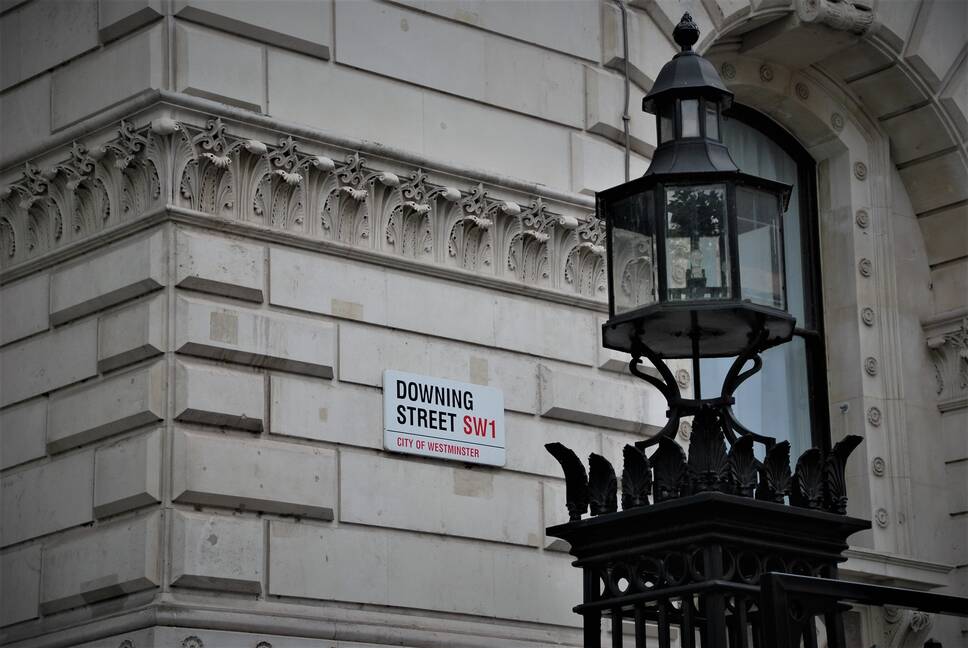Greta and the Great Water Utility Performance Conundrum
Has She Only Gone and Done It?
Call me a free marketeer if you must, but I do like a good bit of competition to compel improved performance.
Adam Smith (he of the “Wealth of Nations” and “invisible hand” fame) perhaps said it best:
Smith was pretty on the money about the role of Government in competitive markets too:
Or as Ronald Reagan said rather more pithily (and in one of my favourite quotes ever!):
Of course there are times when Government is critical I should stress. But if a market can provide a solution then, absent some pretty distantly set bumper bars, Government should be asking how to get out of the way not in. (Other views are available of course, please consult Twitter, Facebook…).
Marvellous and congratulations you might say, but how is that relevant to that most natural of natural monopolies, the water supply sector?
Until recently, the answer might well have been that that isn’t relevant at all and cue Government ownership, regulation etc
Undaunted though, with the privatisation of the sector in 1989 the UK Government sought to free the public purse from the burden of funding water sector improvements and of Government inefficiency too. And since then battle has been boldly fought to incentivise utility performance as if those newly privatised utilities were indeed subject to market forces.

From comparing share prices to increasingly detailed price reviews, onwards through CapEx/OpEx budgets to TotEx, and most recently with outcome performance penalties and incentives…those battles have indeed been intensively fought across England with victories for the utilities and the regulators alike.
In a similar vein, witness the growth of Suez and Veolia on the back of long-term concessions, a model that has itself increasingly fallen out of favour.
Has any model though truly recreated competitive pressures within the water sector? Many would say not. Indeed it is perhaps only the USA model of locally accountable ownership that has managed to create any sort of link between local effective performance and how comfortable a General Manager is feeling behind his/her desk.
Elsewhere, that link has in many ways been illusory, financial performance the driver of decision making even, dare I say it, ahead of customer satisfaction – after all, it is not as if those customers can go anywhere else for their supplies.


Sisyphus would relate. Just as a regulator might think he/she has cracked it, the boulder inevitably slides back down the hill undone by unintended consequences inevitable in a regulatory regime so complex. Doolittle’s Pushmi-Pullyu would indeed seem to be alive and well in the form of regulators, water utilities and taps up and down the land!
But wait! What is that distant disdainful exclaiming of “blah blah blah”. Step forward one Greta Thunberg!
The reality is that when a pipe bursts, the water, with its negligible marginal value, is not lost. It soaks back into the aquifier and waters those lush inner city trees!
But now things are different. Spurred on, to an extraordinarily effective extent, by Greta and others, people care about how their water suppliers are helping look after the planet.
I’ll say that again…people care.
A leak is not something to be repaired depending on an economic calculation, but an indicator of a utility’s effectiveness at looking after a precious resource. Block a major road with a burst main…well no-one’s going to be queuing to say well done.
But the utility is still a monopoly, those customers cannot go anywhere, so again, why should they care?
Well in England, if there is not public support for the sector, there will not be public support for paying the interest rates due on the private sector funding the sector either (however low the rate). And if there is no public support, political support is going to ebb away pretty quickly too… in fact you do not need to take many steps before getting to the point where the whole privately financed edifice tips over.
In the USA too, if a utility is not doing its job, the elected representatives are not going to wait long to bring in new management.
Market forces can be pretty brutal. As Adam Smith noted, the butcher and baker will only look out for themselves. But in doing so, as each crawls over the other to secure sales, progress can also be achieved.

The water sector and those market forces are never going to be comfortable bedfellows. With the public now caring though, the game has changed and something akin to competitive pressure, in the form of customer expectation, has entered.
That public needs to be looked out for and with that single but enormous step, monopoly utilities are now being compelled to be good network operators in a direct way that has been absent before.
For some, maybe even many, that will mean carrying on as normal. For others though, that potentially entails a huge shift in focus and behaviours with utility after utility now overtly embracing this new paradigm.
After all their survival could well depend on it.

Contact Us
Leave your details and we will be in touch.



